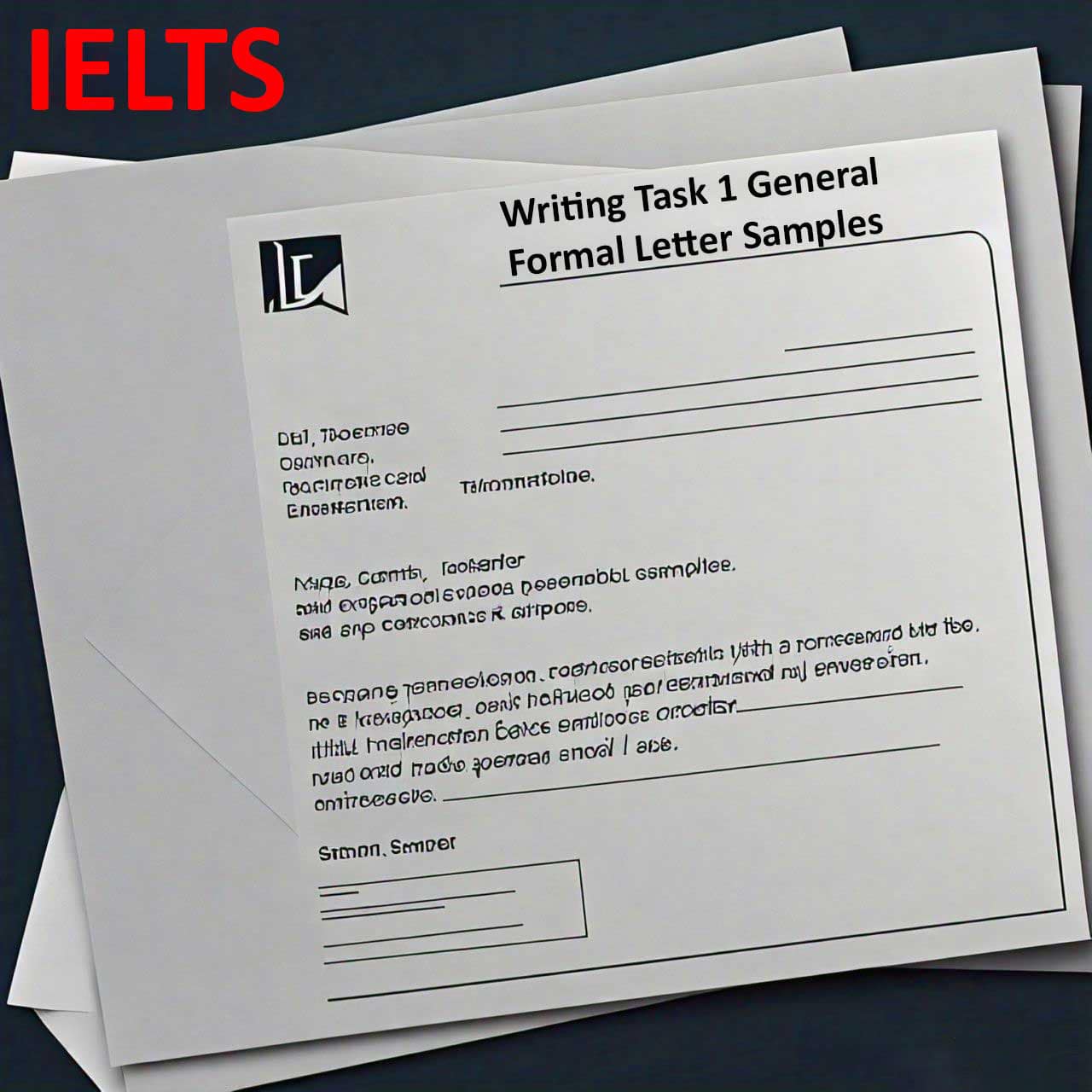Preparing for the IELTS Writing test can be a daunting task, but with a well-structured study plan and schedule, you can enhance your writing skills and boost your confidence. This blog post will guide you through creating an effective study plan and schedule to help you achieve your desired score in the IELTS Writing test.
Table of Contents
Understanding the IELTS Writing Test
The IELTS Writing test consists of two tasks:
– Task 1: For the Academic test, you will describe, summarize, or explain visual information (e.g., graphs, charts, tables). For the General Training test, you will write a letter (e.g., formal, semi-formal, or informal).
– Task 2: You will write an essay in response to a point of view, argument, or problem. This task is the same for both Academic and General Training tests.
Both tasks are timed, with a recommended 20 minutes for Task 1 and 40 minutes for Task 2. Your essays are evaluated based on criteria such as task response, coherence and cohesion, lexical resource, and grammatical range and accuracy.
Steps to Create an Effective Study Plan
1. Assess Your Current Level
Before creating a study plan, assess your current writing skills to identify your strengths and weaknesses.
– Take a Practice Test: Complete an IELTS Writing practice test under timed conditions to gauge your current level.
– Seek Feedback: Get your practice essays evaluated by a teacher or tutor to understand where you need improvement.
2. Set Clear Goals
Define your target score and set specific, achievable goals for each study session.
– Short-Term Goals: These could include improving specific aspects of your writing, such as grammar or vocabulary.
– Long-Term Goals: These might involve reaching a certain score on practice tests or mastering both Task 1 and Task 2 formats.
3. Create a Study Schedule
A well-structured study schedule will help you stay organized and ensure consistent progress.
– Daily Study: Dedicate a specific amount of time each day to focus on different aspects of writing.
– Weekly Goals: Set weekly goals to track your progress and adjust your study plan as needed.
4. Focus on Both Tasks
Ensure that your study plan covers both Task 1 and Task 2, as they require different skills and strategies.
– Task 1 Practice: Focus on understanding different types of visual information and practice summarizing data accurately.
– Task 2 Practice: Work on structuring essays, developing arguments, and using a range of vocabulary and grammar.
5. Incorporate Diverse Activities
Variety in your study activities can keep you engaged and help you improve different aspects of writing.
– Writing Practice: Write essays and letters regularly to build your skills and confidence.
– Reading and Analyzing: Read sample essays and analyze their structure, vocabulary, and grammar.
– Vocabulary Building: Expand your lexical resource by learning new words and phrases relevant to common IELTS topics.
– Grammar Practice: Focus on improving your grammatical range and accuracy through targeted exercises.
Sample Study Plan
Week 1-2: Foundations
– Day 1: Introduction to IELTS Writing test format and evaluation criteria.
– Day 2: Practice Task 1 (Academic/General Training) – focus on understanding the task and basic structure.
– Day 3: Practice Task 2 – write a basic essay and get feedback.
– Day 4: Vocabulary building – learn 10 new words/phrases.
– Day 5: Grammar practice – focus on common grammatical errors.
– Day 6: Analyze sample essays – identify strengths and weaknesses.
– Day 7: Review and reflection – assess progress and set goals for the next week.
Week 3-4: Skill Development
– Day 1: Task 1 practice – focus on data interpretation and summary skills.
– Day 2: Task 2 practice – develop complex arguments and cohesive paragraphs.
– Day 3: Vocabulary building – learn and practice using new words/phrases.
– Day 4: Grammar practice – focus on sentence variety and complex structures.
– Day 5: Write under timed conditions – simulate test conditions for both tasks.
– Day 6: Analyze feedback – review feedback from practice essays and identify areas for improvement.
– Day 7: Rest and reflection – review achievements and adjust goals for the next week.
Week 5-6: Advanced Practice
– Day 1: Task 1 practice – focus on different types of visual information.
– Day 2: Task 2 practice – work on refining introductions and conclusions.
– Day 3: Vocabulary building – focus on topic-specific vocabulary.
– Day 4: Grammar practice – focus on advanced grammatical structures.
– Day 5: Full practice test – complete both tasks under timed conditions.
– Day 6: Analyze performance – review practice test results and feedback.
– Day 7: Review and plan – set final goals and plan for the last weeks of preparation.
Tips for Staying on Track
1. Stay Consistent
Consistency is key to improving your writing skills. Stick to your study schedule and make writing practice a daily habit.
2. Seek Feedback
Regular feedback from teachers, tutors, or study partners is essential for identifying areas for improvement and refining your skills.
3. Reflect and Adjust
Regularly reflect on your progress and adjust your study plan as needed. Celebrate your achievements and stay motivated.
4. Stay Positive
Maintain a positive attitude and stay focused on your goals. Remember that improvement takes time and effort.
Conclusion
Creating a structured study plan and schedule is crucial for success in the IELTS Writing test. By assessing your current level, setting clear goals, focusing on both tasks, incorporating diverse activities, and staying consistent, you can enhance your writing skills and achieve your desired score. Remember, regular practice, feedback, and a positive mindset are key to mastering the IELTS Writing test. Good luck!



